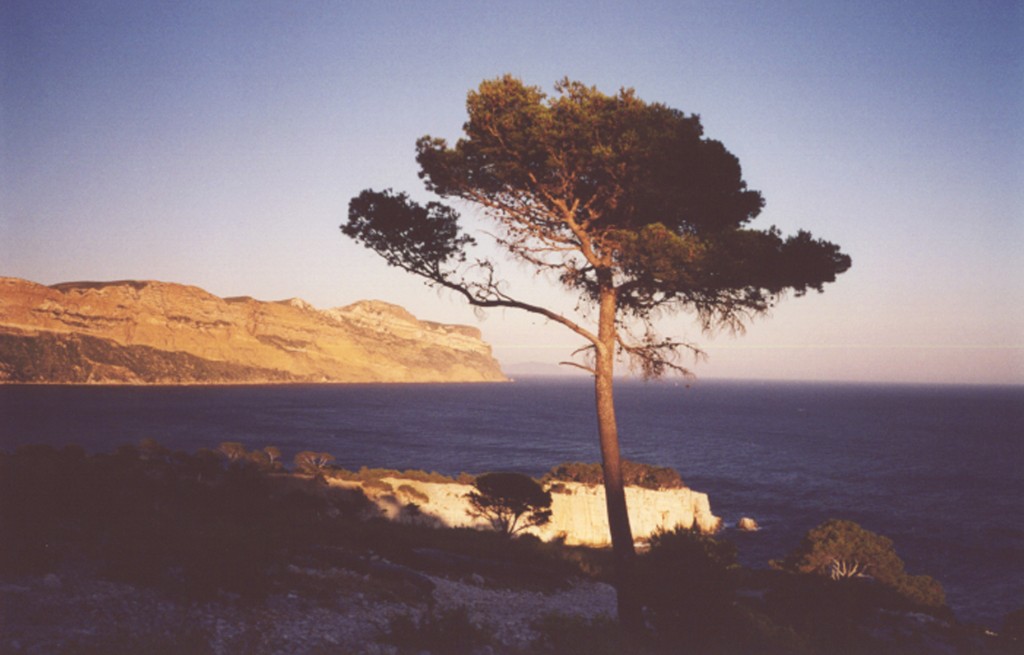“To the Spirit Unconquered”, photo by John Feldman

TO THE SPIRIT UNCONQUERED
violin, cello, piano
20 min.
1992. Commissioned through Chamber Music America/Lila Wallace and the Port Jefferson Arts Council for the Guild Trio. Premiere: June 1992, Port Jefferson, New York.
Publisher: Lauren Keiser Music
“To the Spirit Unconquered is one of those rare compositions that grabs you emotionally and will not let go. Silver’s manipulation of her musical material is masterful. The composer’s melodies and themes can cut to the emotional quick, and she knows how to build the big moments and contrast them with the quiet, introspective passages.”
(Journal American)
“Most important “Spirit” is accessible unlike much modern music. There’s a rhyme and reason to it, a sense of direction. …To say the least, “Spirit” is poignant, to say the most, remarkable.” (Virginia Gazette)
“Sophisticated in style, using techniques of today, while speaking a language of her own, her music is consistently appealing and approachable, instantly meaningful to everyone.” (Greenwich Time)
About
Recorded by the Guild Trio on CRI708
MVT 1
MVT 2
MVT 3
MVT 4
Inspired by Primo Levi’s writings on the Holocaust, as well as John Feldman’s novel, Jacob’s Secret, To the Spirit Unconquered is about the ability of the human spirit to transcend the most devastating of circumstances, to survive and to bear witness.
The first movement, “With great intensity — strained, sometimes violent,” represents fear, both controlled and uncontrolled, the internal as well as the external cry. Primo Levi wrote that when new arrivals to the concentration camps disembarked from the trains, they were struck with uncontrollable fear. Those who survived learned immediately to control that fear; those who succumbed to their fear lasted only a few days. The music, characterized by pounding bass chords in the piano and fast tremolos in the strings, alternates between violent outbursts and controlled subdued lines.
The second movement, “As if in a dream,” played attaca, represents sweet memories of times past — memories which, wrote Levi, were essential to survival in the camps. This movement is characterized by the opening muted violin melody, its floating piano accompaniment, and the arpeggios which begin with the cello’s first entrance. Towards the end, a child-like melody is introduced in the piano.
The third movement, “Very fast, rhythmic, and precise,” is a “Scherzo barbare,” characterized by awkward, angular motion. By acknowledging the barbarism of the guard, the prisoner can spiritually rise above, maintaining an inner human dignity. The scherzo has a simple ABA’ form. In the final A section, the angular quality of the line is softened and the harshness begins to recede.
With no separation between the 3rd and 4th movements, a rhythmically driving coda leads to the transition to the fourth movement — “Suddenly mysterious.” This is followed by a return of the violin music from the opening of the second movement, now heard in cello harmonics. The finale,“Slow and stately,” begins with the child-like tune from the end of the second movement. A succession of quasi-variations proceeds to the end of the piece. Even at the very end, the low chords from the first movement are present but this time softened — transformed, transcended.
To the Spirit Unconquered was commissioned by the Guild Trio with funding from the Chamber Music America/Lila Wallace Commissioning Project and the Port Jefferson Arts Council. It received its premiere in June, 1992. It is recorded by the Guild Trio on the CRI label, #708, now available through New World Records.
“Sheila Silver’s To the Spirit Unconquered proved to be a stunning modern masterpiece, a work of profound musical and emotional depth…. one of those rare compositions that grabs you emotionally and will not let go. Silver’s manipulation of her musical material is masterful. The composer’s melodies and themes can cut to the emotional quick, and she knows how to build the big moments and contrast them with the quiet, introspective passages. Silver’s work not only deserves many more hearings, it should be nominated for a Pulitzer Prize as well — it’s that good. (Journal American, Bellevue/Seattle)
“Spirit combines contemporary sounds in ways that speak to both the mind and the heart…Sophisticated in style, using techniques of today, while speaking a language of her own, Silver’s music is consistently appealing and approachable, instantly meaningful to everyone.”(Greenwich Time, CT)
“The music of Sheila Silver is revelatory. Here is a composer who manages to combine tonal and atonal gestures and discourse in a completely convincing way….To the Spirit Unconquered, for piano trio, is a closely-argued and expressive piece inspired, in part, by Primo Levi’s writings on the Holocaust. The four movements (fast-slow-fast-slow) cover a wide range of musical and expressive territory, making for a complete and satisfying artistic experience.” (American Record Guide)
“A very complex work, “Spirit” is filled with incredibly technical passages, crashing chords, wild runs and glissandos, and eerie sounds in the string stratosphere and piano, whose wires are hit with mallets. Most important “Spirit” is accessible unlike much modern music. There’s a rhyme and reason to it, a sense of direction…. Silver explores the instruments’ full potentials in crafting a work that is engaging in concept and sound…To say the least, “Spirit” is poignant, to say the most, remarkable.”(Virgina Gazette, Williamsburg)
“She screamed, he howled, they argued, he snarled, she sighed, they cried, then danced, and those who watched were left limp after the musical catharsis of Sheila Silver’s “To the Spirit Unconquered.” (Record-Journal, Wallingford, CT.)
